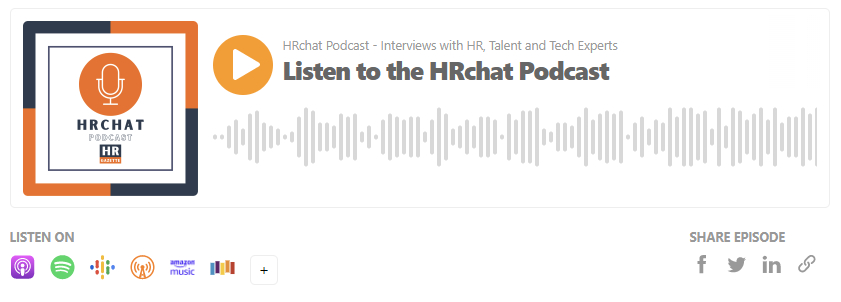
The concept of work-life balance has gained significant attention in recent years due to the increasing demands of work and the fast-paced lifestyle that has become the norm for many employees. It is the responsibility of human resources (HR) leaders to help employees achieve a healthy work-life balance by creating a supportive workplace environment that recognizes the importance of personal well-being and promotes a healthy work culture.
Work-life balance refers to the equilibrium between work and personal life. It is a state where employees feel they have enough time to engage in personal activities such as hobbies, family time, and self-care, while still meeting the demands of their work. A lack of work-life balance can lead to stress, burnout, and low productivity, which can negatively affect both employees and the organization.
HR leaders can encourage work-life balance in employees by implementing policies and programs that support employee wellbeing. This includes offering flexible work arrangements such as remote work, job sharing, or flexible hours that allow employees to balance their work and personal responsibilities. HR leaders can also promote a culture of self-care by encouraging employees to take breaks, prioritize their well-being, and providing resources such as wellness programs, mental health services, and fitness classes.
In addition, HR leaders can help employees manage their workload by setting realistic expectations, providing clear communication, and ensuring that the workload is distributed equitably. This can help reduce stress and prevent burnout, which can lead to increased employee retention and productivity.
Moreover, HR leaders can encourage work-life balance by leading by example. HR leaders who prioritize their own wellbeing and work-life balance can inspire employees to do the same. This can create a culture where work-life balance is valued and prioritized, leading to happier, healthier, and more engaged employees.
Today’s HRchat guest says that, instead of aiming for work-life balance, the goal should be what he calls ‘work-life bloom’.
Dan Pontefract is the founder and CEO of Pontefract Group, a firm that improves the state of leadership and organizational culture. He is the best-selling author of four books and a popular speaker. Dan has presented at four different TED events and also writes for Forbes and Harvard Business Review.
Dan has been listed on the Thinkers50 Radar list. HR Weekly listed him as one of its 100 Most Influential People in HR. PeopleHum listed Dan on the Top 200 Thought Leaders to Follow and Inc. Magazine listed him as one of the top 100 leadership speakers.
Questions For Dan Include:
- Tell us about the Leadership NOW podcast
- You don’t believe in work-life balance but rather something you call work-life bloom – what does that mean?
- What have you discovered in your recent work-life bloom research? What are the four work-life personas?
More About Dan
Dan is an adjunct professor at the University of Victoria, Gustavson School of Business and has garnered more than 20 industry awards over his career.
Previously as Chief Envisioner and Chief Learning Officer at TELUS, he launched the Transformation Office, the TELUS MBA, and the TELUS Leadership Philosophy, all award-winning initiatives that dramatically helped to increase the company’s employee engagement to record levels of nearly 90%. Prior to TELUS, he held senior roles developing leaders, team members, and customers at SAP, BusinessObjects and BCIT.

